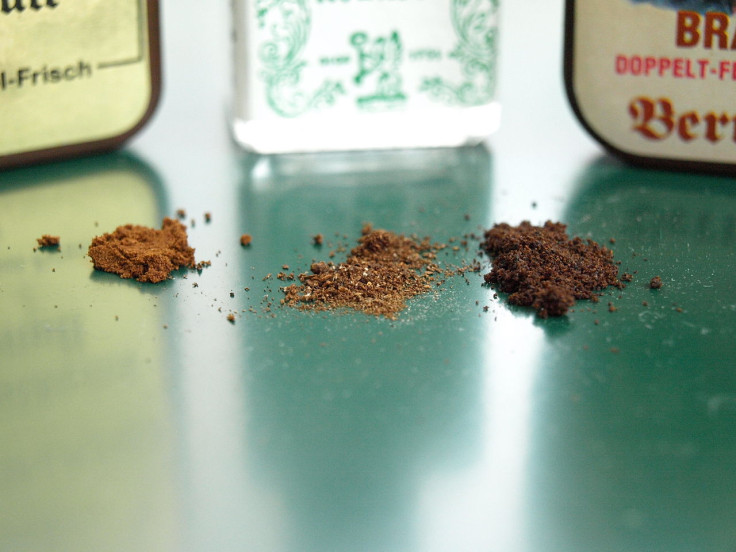Smokeless tobacco products endanger health by causing opportunistic infections
Smokeless tobacco is widely used even though it carry many health risks like cigarettes, say scientists.

Smokeless tobacco has been linked to a higher probability of contracting opportunistic infection. Several bacteria have indeed been identified in these products by researchers from the US National Center for Toxicological Research.
In comparison with the number of tobacco smokers, the number of smokeless tobacco users is much lower, although the products have seen an increased popularity in recent years. In the UK, authorised products include nasal snuff and chewing tobacco.
Around 300 million people in at least 70 countries are consumers of smokeless tobacco, and although the public often views the practice as less risky for the health, experts say it is in no way a safe alternative to cigarettes.
Over the years, much evidence has been gathered to suggest these products also have the potential to cause cancer– in particular oral cancer, oesophageal cancer, and pancreatic cancer.
In this recent study, published in the journal Applied and Environmental Microbiology, the scientists have analysed different types of tobacco products, identifying different opportunistic bacteria that can lead to infections in humans.
Infections and oral issues
The concern over microbial risk is not new. Health experts worry because consumers keep the products in their mouths for a long time, in close contact with mucus membranes. This allows nicotine to pass into the bloodstream, but it also increases the probability that the person will be exposed to bacteria that may be present in the product.
Among the bacteria identified in a large sample of smokeless tobacco products, the scientists have identified bacteria known as "Bacillus licheniformis" and "Bacillus pumilus". Both have the potential to cause inflammation of the lungs and opportunistic infections – infections caused by pathogens that take advantage of an opportunity to enter the host that is not normally available.
Other Bacillus species discovered in the tobacco products present other health problems. "Some species have been identified as a causative agents in spice-related outbreaks of diarrhoea and vomiting. Additionally, they produce a mild toxin which, which in large quantities could cause illness," coauthor Steven Foley explained.
Types of staphylococci bacteria – Stapphylococccus epidermidis and Staphylococcus hominis strains – were also identified. Previous research had highlighted that both could cause heart valve infection. This is because when the tobacco products stay for long in the mouth they thus increase the risk of oral health issues such as gum disease. Gum disease then facilitates the entry of bacteria into the bloodstream, providing a path for them to reach the heart, and cause problems.
"Our study allows us to better understand the potential microbiological risks associated with the use of smokeless tobacco products, and provides a baseline microbiological risk profile of these products", Foley concludes.
© Copyright IBTimes 2025. All rights reserved.






















